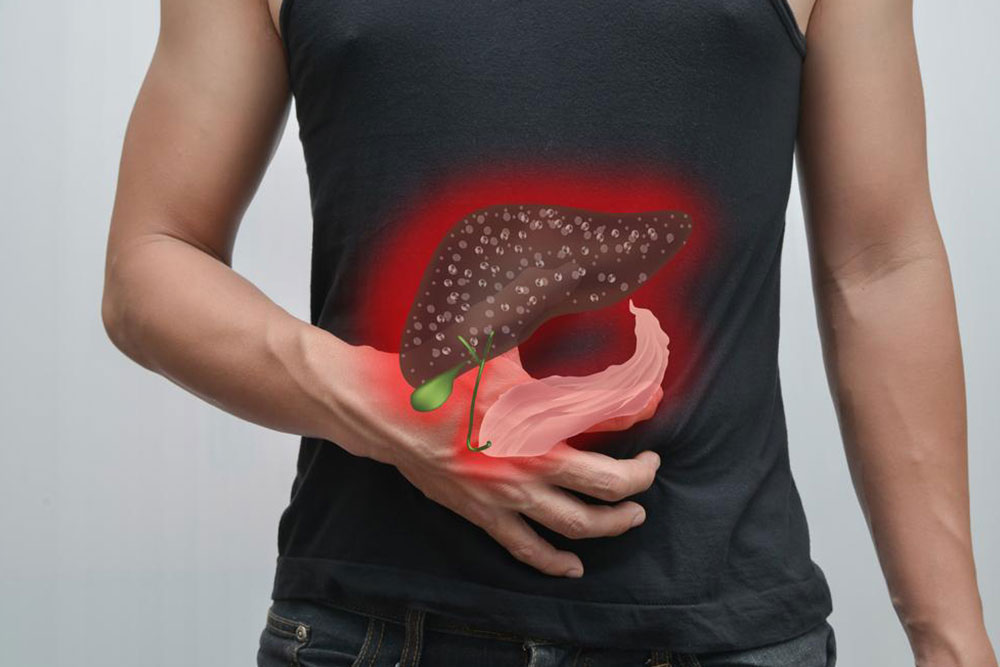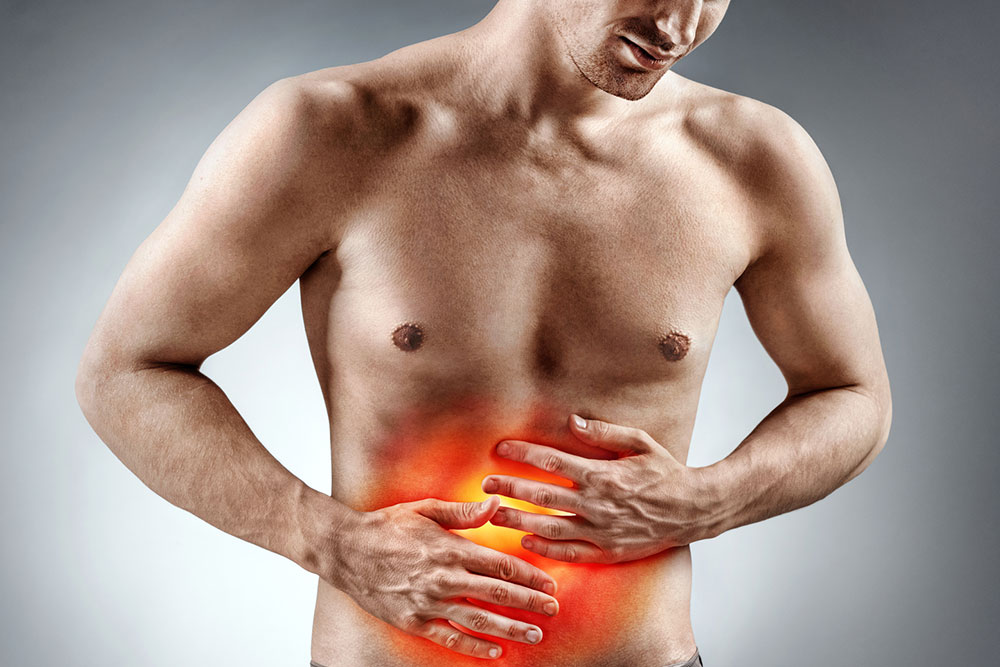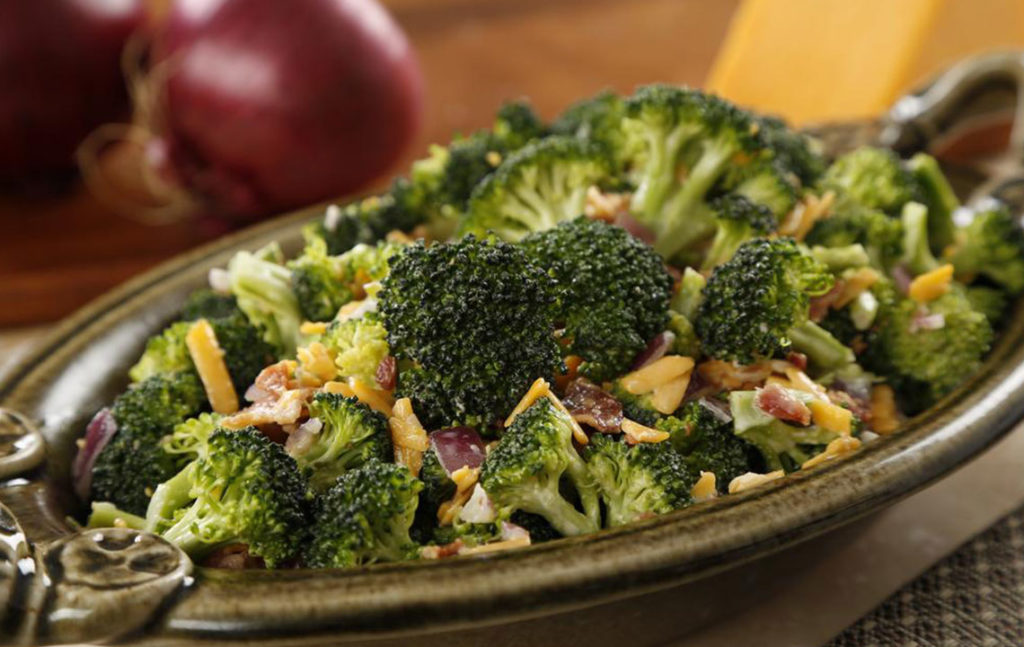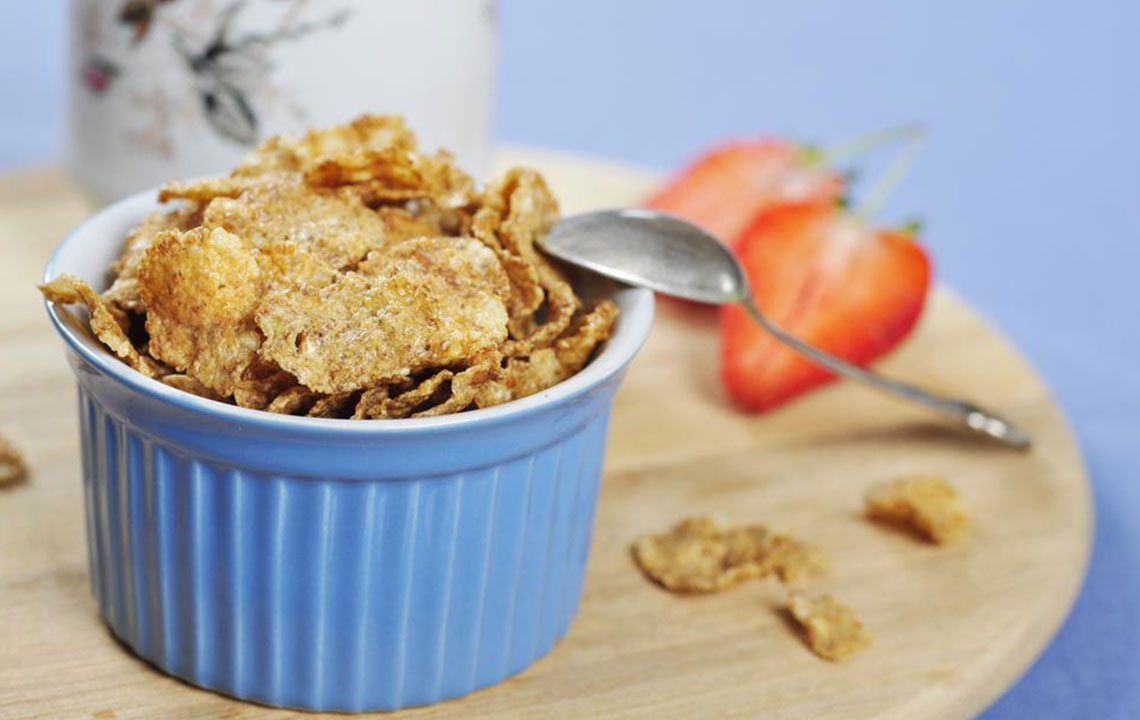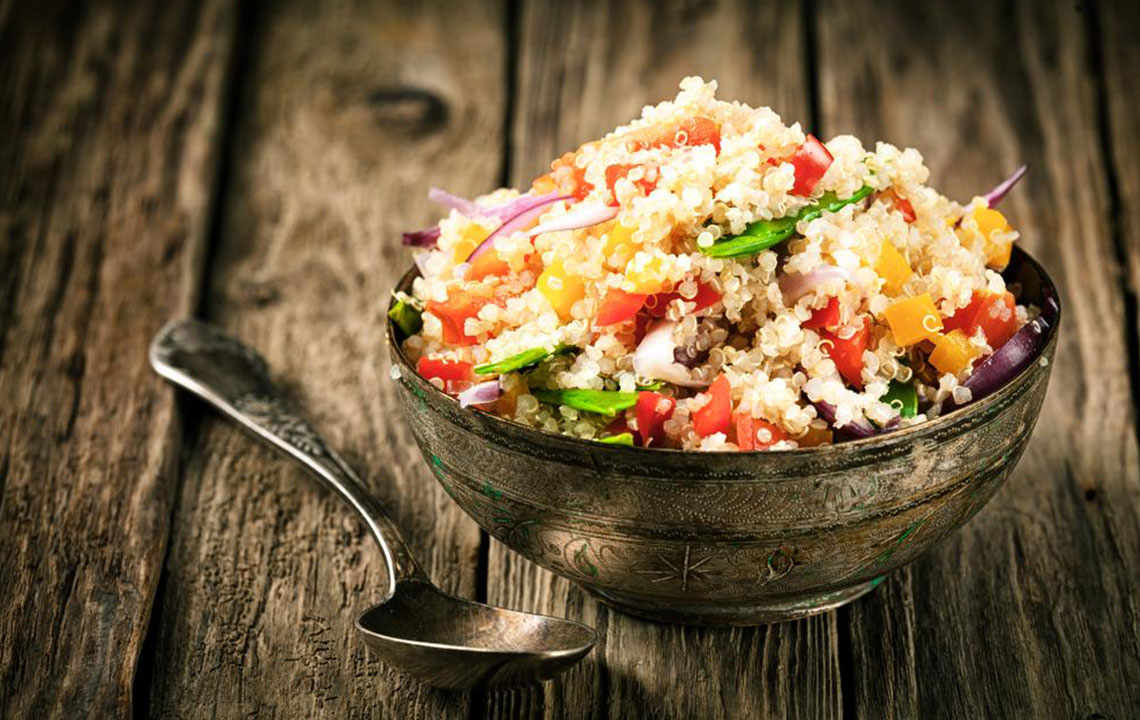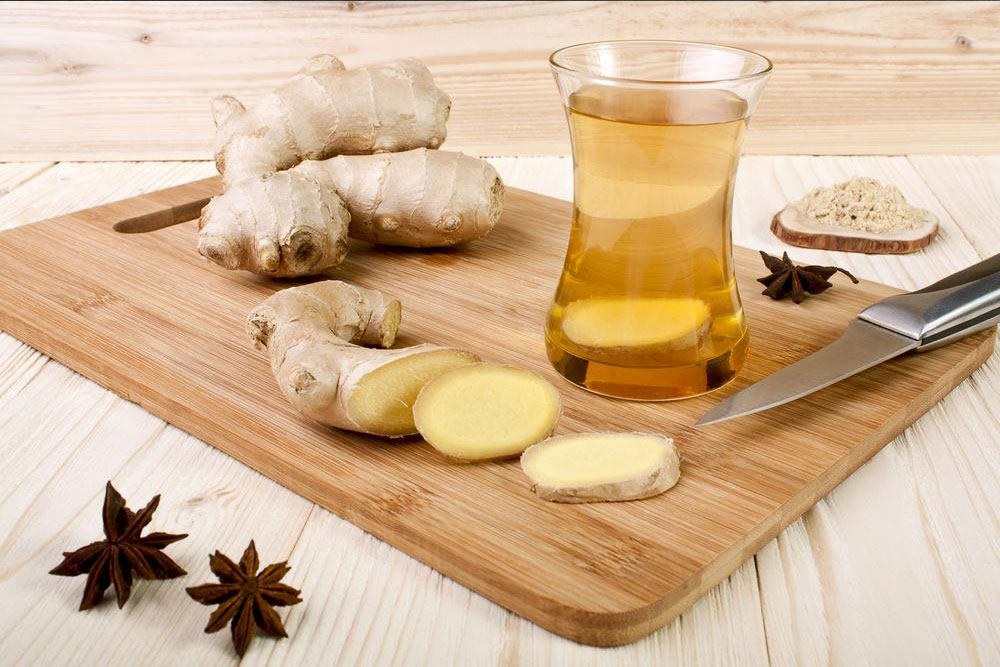Essential Dietary Tips for Maintaining a Healthy Gallbladder
Learn effective dietary strategies to promote gallbladder health and prevent issues like gallstones. This guide covers foods to include and avoid, diet tips for managing symptoms, and post-surgery nutrition to support recovery. Maintaining a balanced diet and healthy weight are key factors in keeping your gallbladder functioning optimally and preventing digestive discomforts.
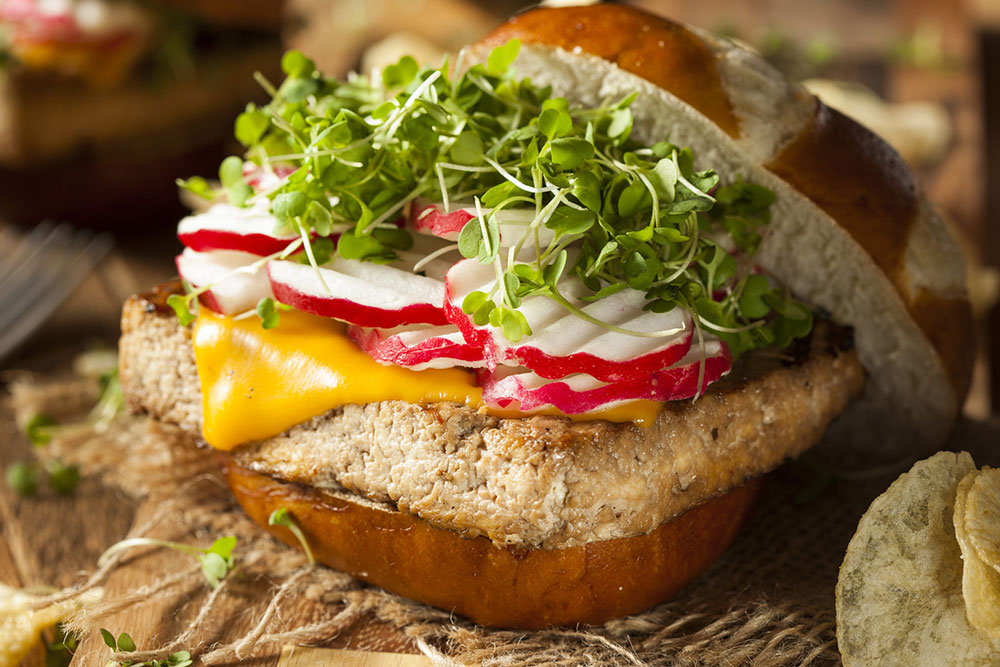
Essential Dietary Tips for Maintaining a Healthy Gallbladder
The gallbladder, a small organ shaped like a pear, sits beneath the liver and plays a key role in digestion by storing and releasing bile produced by the liver into the small intestine.
Most individuals rarely consider their gallbladder's health. While not vital like the liver or kidneys, keeping it healthy is important for overall well-being. Certain foods promote gallbladder health, whereas others can increase risks such as gallstones or inflammation, leading to symptoms like nausea, bloating, and abdominal discomfort.
In severe cases, removal of the gallbladder might be necessary. Therefore, adopting a nourishing diet supports gallbladder health and helps prevent issues. While diet alone doesn't cure gallbladder problems, mindful eating and maintaining a healthy weight can significantly reduce the risk of gallstone formation and related symptoms.
Link Between Diet and Gallstone Formation
Foods high in fats and cholesterol, combined with low fiber intake, tend to increase gallstone development. Overweight and obese individuals also face higher risks. Gradual weight loss is recommended, as crash diets can increase bile cholesterol levels, promoting crystal formation and gallstones.
Guidelines for a Gallbladder-Friendly Diet
Fruits and vegetables rich in nutrients and fiber are vital for supporting gallbladder health. Incorporate foods high in Vitamin B, C, and calcium, and opt for plant-based proteins like nuts, beans, tofu, and lentils instead of red meats. Foods to include are citrus fruits, leafy greens, bell peppers, tomatoes, dairy products, lentils, tofu, nuts, beans, and healthy fish like sardines.
Foods to Minimize to Protect the Gallbladder
A diet rich in refined carbohydrates and saturated fats can elevate gallstone risk. Eating fatty foods intensifies gallbladder activity, potentially causing pain and inflammation, especially if gallstones are present. While diet can't dissolve existing stones, it can ease symptoms.
Limit or avoid fried foods, processed snacks, full-fat dairy, red meats, white bread, and foods high in saturated fats. Also, steer clear of extremely low-calorie diets; healthy weight loss through balanced nutrition and exercise is best.
Post-Surgery Dietary Recommendations
If gallbladder removal is necessary, expect some digestive changes like loose stools or diarrhea initially. To promote healing, avoid greasy, processed foods and high-fat items, and start with smaller, more frequent meals. Incorporate soluble fiber sources, such as oats, to aid digestion. Gradual dietary adjustments support recovery and overall well-being.
Maintaining a healthy diet plays a crucial role in preventing gallbladder issues and ensuring recovery after surgery, ultimately contributing to better long-term health.

